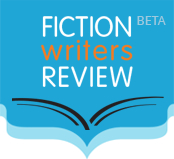In case you missed them, here’s a roundup of recent features from FWR:
- In an interview with Christopher Mohar, author and teacher Anthony Doerr discusses his curiosity about the world and “engaging with factual information for fictive purposes”:
What I work to dispel in my students is the prevailing myth that inspiration comes like a light bulb over the head, a lightning stroke to the spleen, and all we have to do as artists is wait for the lightning and then transcribe it. I think instead work comes from hundreds or thousands of hours of working through things, from pouring lots and lots of observation and thought into every paragraph, every dead-end, every false start. And I believe the magic of a good short story, in particular, comes from the compression of so many days of thought into a space that can be experienced by a reader in an hour or so.
- Natalie Bakopolous finds the links between point of view and travel in Damon Galgut’s In a Strange Room:
Damon Galgut, in his superb novel In a Strange Room––better perhaps described as a collection of three linked novellas––similarly distorts the I as both first person and third. The storytelling alternates between these two perspectives, often in the same paragraph and sometimes in the same sentence. Soon, in the same way we become accustomed to a new locale when traveling, this point of view choice asserts itself not simply as artistic quirk but as part of the story itself.
- Andrea Nolan examines the new “nature writing” taking place in journals such as Ecotone, Flyway, Orion, and Fourth River, and how environment shapes the work of all contemporary writers:
In their dismissal of hushed tones and clichés, today’s nature journals are trying to tell both their contributors and their readers that they only publish the best. If you are going to write about a sunset, you must write about it well, with specificity, tension, thought and reason. And if you are going to write about a walk, you must use details to fix your reader in place, and to set a foundation for metaphor and philosophy. For today’s nature journals writing about place or the environment is not enough—it’s simply a place to begin.
- And in the latest installment of the “Quotes & Notes” series, Steven Wingate contemplates how creative communities can both inspire and inhibit:
[T]his best-of-both-worlds scenario is almost guaranteed not to happen. Instead I’ll spend most of my writerly life feeling out of balance, like I’m leaning too far in one direction or another. I’ll cocoon until the pile of community-building work gets too big for me to ignore, then plunge into it so fully that I’ll forget where I was in whatever creative project I’d been pouring my energy into. Sometimes I kick myself for trying to find a balance at all, instead of finding some solace in the rhythm of these alternating currents in my life.
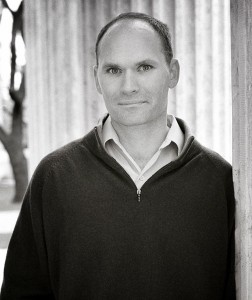
Anthony Doerr / photo: Jerry Bauer
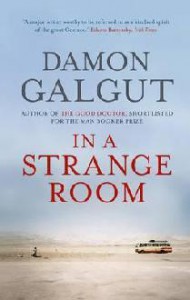
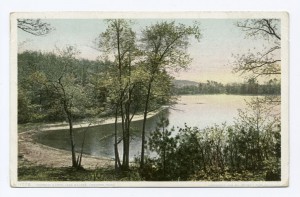
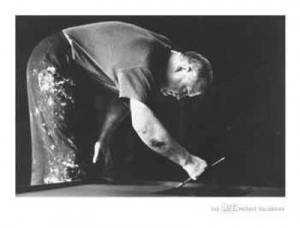
Ad Reinhart / photo by Robert Lax
Want to make sure you don’t miss any features? As always, you can subscribe to FWR‘s RSS feed and get notified about all our reviews, essays, and interviews.

